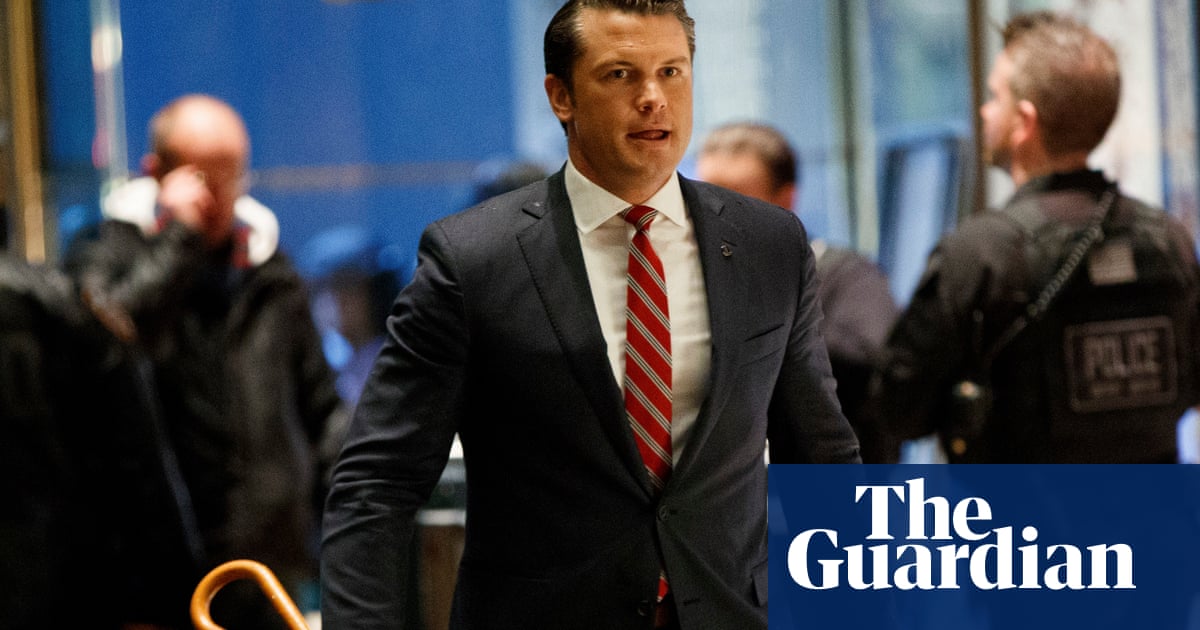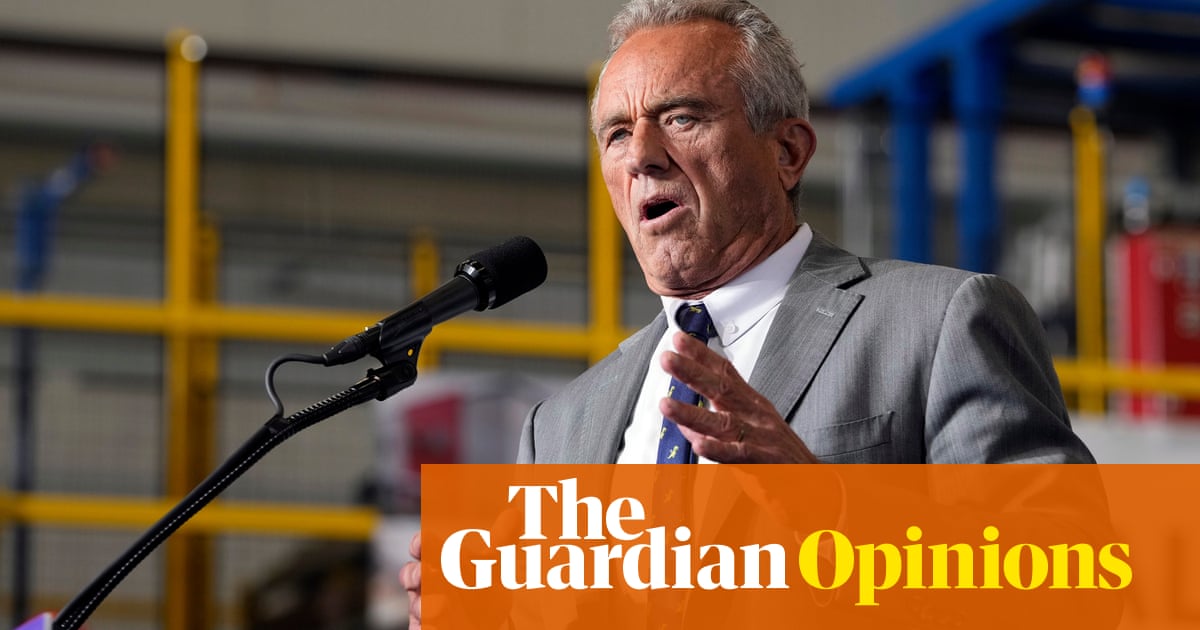The often denied but obvious involvement of foreign powers in Sudan’s deadly civil war is now firmly in the spotlight. Tens of thousands of people, including many civilians, have been killed since it began last April. Now, the United Arab Emirates (UAE) has accused the Sudanese armed forces (SAF) of bombing its ambassador’s residence in Khartoum, causing “extensive damage”. The SAF denied it, claiming that last month’s strike was the work of the rival paramilitary Rapid Support Forces (RSF), backed by the UAE.
What’s not in doubt is that both sides are committing war crimes and that they are able to do so because foreign governments are supporting them. The ceaseless flow of arms has resulted in a vast, growing humanitarian disaster. Last week, UN-appointed experts accused combatants of using “starvation tactics” against 25 million civilians. Additionally, 10 million people have been displaced, and diseases such as cholera are rapidly spreading amid the world’s largest hunger crisis.
While the autumn harvest should somewhat alleviate immediate food shortages for many, the longer-term prognosis is catastrophic. Both factions have targeted volunteers working to feed the hungry, many of whom are former members of the resistance committees that led the pro-democracy protests a few years ago.
Wars between would-be strongmen punish and kill the powerless. But there is something especially grotesque about seeing the citizens of Sudan, having seen off a dictator and attempted to transition to civilian government, sacrificed to the cynical interests of outsiders.
Though the UAE denies supporting the RSF under Mohamed Hamdan Dagalo, known as Hemedti, UN experts have laid out “credible” allegations of arms shipments. The UAE is interested in strategically valuable Red Sea ports and resources from gold to land. Saudi Arabia and Egypt support the SAF, led by Abdel Fattah al-Burhan, who has also sought closer ties with Iran.
All this has been described as “a Middle East war being played out in Africa”. But diplomatic energy is focused on the spiralling Middle East war in the Middle East. When the UAE’s leader, Mohamed bin Zayed Al Nahyan, visited Mr Biden in Washington recently, Sudan merited just two paragraphs in their lengthy joint statement. Sudan has not always been the priority even when it comes to Sudan. A new paper by the Carnegie Endowment for International Peace notes that the US never matched rhetorical support for the democratic opening there with adequate strategic planning, engagement or assistance. The Trump administration’s priority was pressuring the transitional government to recognise Israel as it tried to advance its Abraham accords.
The latest plans for informal talks to resolve the struggle between the two generals fell through. Having recently launched a counteroffensive to retake Khartoum, Gen Burhan appears in denial about the strength of his hand. A resolution in Sudan seems unlikely unless key external actors – namely the UAE, Saudi Arabia and Egypt – reach an agreement. With the US showing no sign of turning up the pressure, the UK government, which leads on the issue at the UN security council, should step up. But so should others. The UAE was dismayed when the US rapper Macklemore pulled out of a concert in Dubai over its role in Sudan. Its keenness to burnish its international standing means that a cultural boycott and protests by sports stars and fans could have real impact.
-
Do you have an opinion on the issues raised in this article? If you would like to submit a response of up to 300 words by email to be considered for publication in our letters section, please click here.

 German (DE)
German (DE)  English (US)
English (US)  Spanish (ES)
Spanish (ES)  French (FR)
French (FR)  Hindi (IN)
Hindi (IN)  Italian (IT)
Italian (IT)  Russian (RU)
Russian (RU)  1 month ago
1 month ago
























Comments